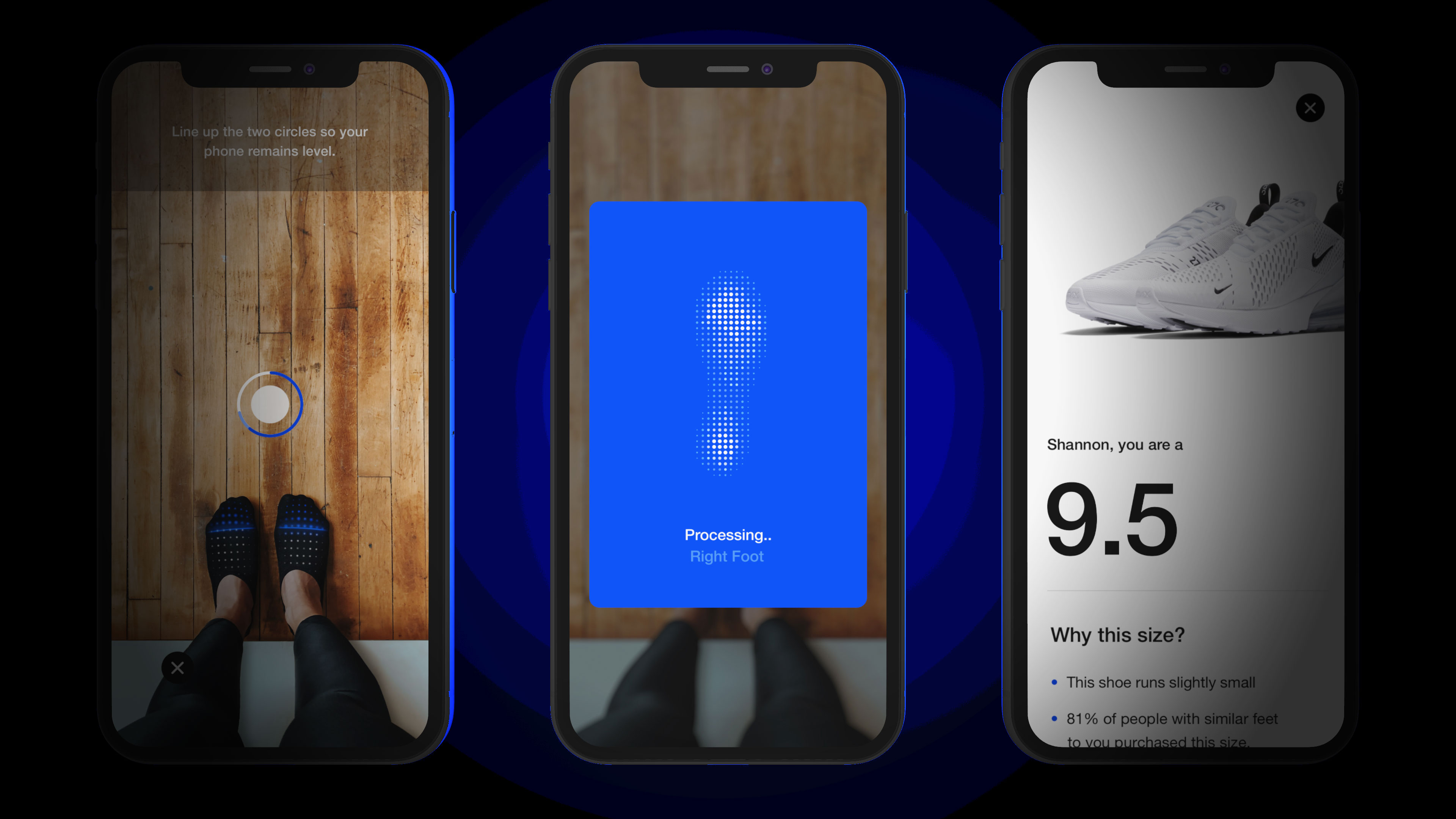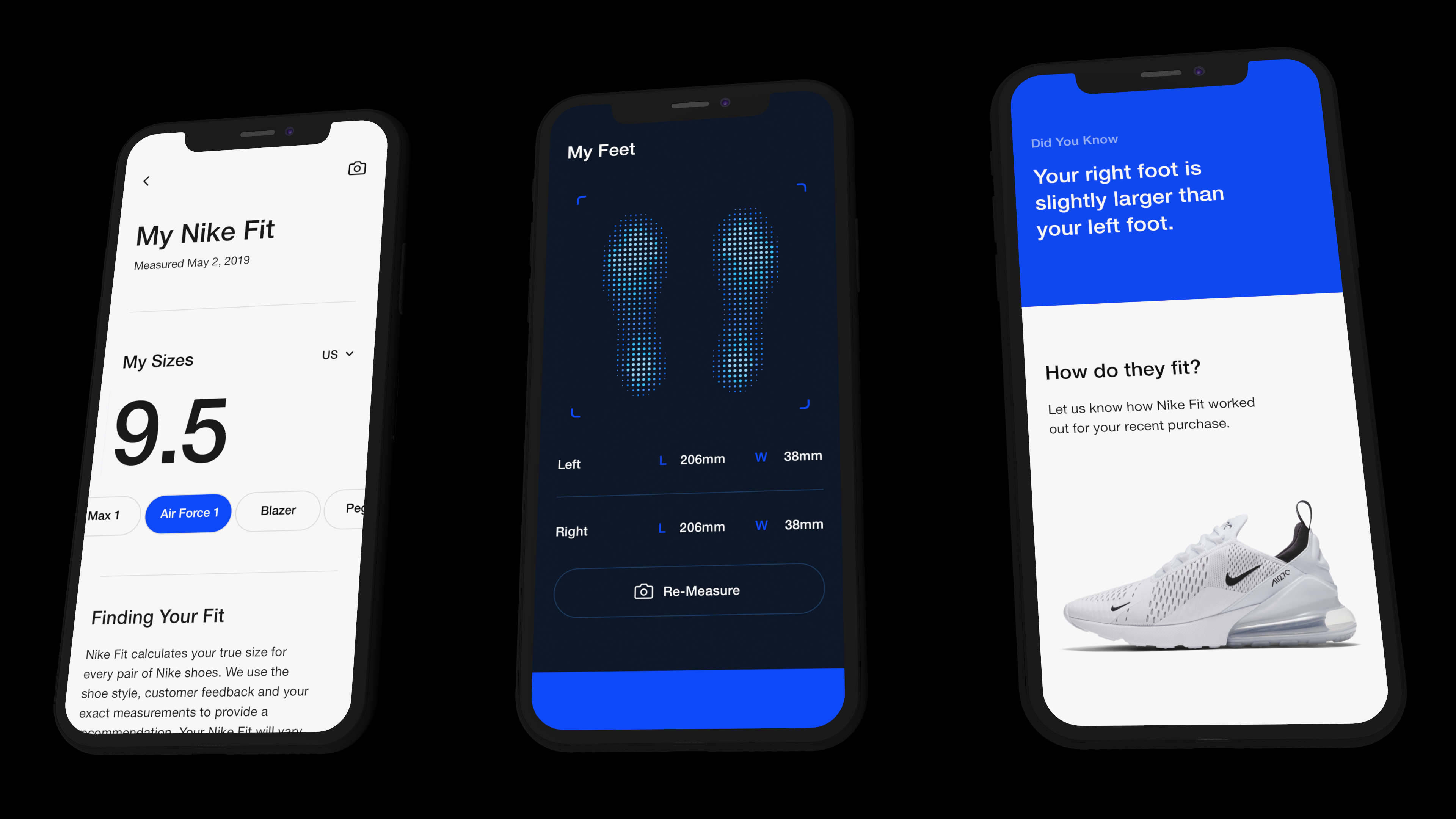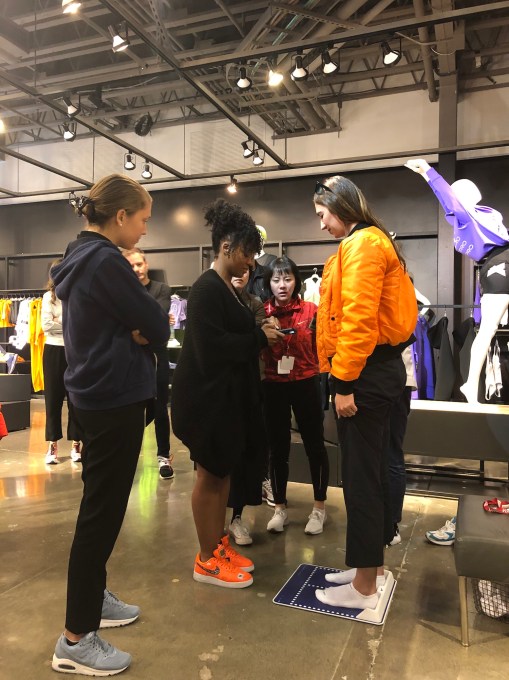
Stickers bearing the Facebook logo are pictured at Facebook Inc's F8 developers conference in San Jose, California, U.S., April 30, 2019. REUTERS/Stephen Lam (Stephen Lam/Reuters)
Chris Hughes, a co-founder of Facebook, is calling for the breakup of the social media juggernaut, citing the threat of the platform’s unchecked power and that of founder Mark Zuckerberg.
In an op-ed published Thursday in the New York Times, Chris Hughes, who helped form Facebook in a Harvard dorm, joined the growing chorus of lawmakers and advocates demanding the U.S. government rein in Facebook. Despite its myriad scandals — Russian propagandists exploiting the platform to spread misinformation and sway U.S. elections, the sharing of millions of users’ personal data with the political data firm Cambridge Analytica and companies like Amazon, Microsoft and Netflix — Facebook’s reach continues to grow.
“For too long, lawmakers have marveled at Facebook’s explosive growth and overlooked their responsibility to ensure Americans are protected and markets are competitive,” Hughes wrote. “It is time to break up Facebook.”
Hughes’s calls come as Facebook faces yet another controversy after an AP investigation revealed that the platform automatically generates videos and pages that elevate extremist groups.
[A content moderator says she got PTSD while reviewing images posted on Facebook]
The op-ed painted a stark portrait of Facebook’s dominance: The company is worth half a trillion dollars and its products are regularly used by billions of people. By Hughes’s estimates, Facebook commands “more than 80 percent of the world’s social networking revenue.”
Another major social networking platform hasn’t been founded since 2011, and despite the movements like #deleteFacebook, it’s almost impossible to avoid, with many people eschewing the core platform in favor of Instagram or WhatsApp, not realizing they are Facebook subsidiaries. The apparent avalanche of disasters hasn’t dented Facebook’s finances; its earnings per share increased 40 percent last year, despite a torrent of public failures.
[Inside Facebook, the second-class workers who do the hardest job are waging a quiet battle]
“Because Facebook so dominates social networking, it faces no market-based accountability,” Hughes wrote. “This means that every time Facebook messes up, we repeat an exhausting pattern: first outrage, then disappointment, and finally, resignation.”
No aspect of Facebook is more troubling than Zuckerberg’s total authority, Hughes wrote, calling it “unprecedented and un-American.” Zuckerberg controls 60 percent of the company’s voting shares and has ultimate oversight over Facebook’s algorithms, its privacy settings and community guidelines. He has the money and power to copy, buy, or squash his competitors. While Hughes defended Zuckerberg as a “good, kind person,” he cast him as a man hellbent on domination, even when it imperils the American public and democracy.
"I’m angry that his focus on growth led him to sacrifice security and civility for clicks,” Hughes wrote.
[Mark Zuckerberg: The Internet needs new rules. Let's start in these four areas.]
Hughes wants the government to correct the FTC’s “biggest mistake” by forcing Instagram and WhatsApp to split from Facebook and become competitors once again. Hughes also wants the government to create an agency to monitor tech companies to ensure healthy regulation. Zuckerberg himself has called for regulation in a March op-ed published in The Post.
“Lawmakers often tell me we have too much power over speech, and frankly I agree,” Zuckerberg wrote, also citing privacy, data protection and election integrity as other areas in need of government oversight. Hughes argues Zuckerberg is only interested in regulation that is “friendly” to Facebook’s interests.
Legislators on both sides of the aisle have made a case for federal intervention with Facebook. Sen. Elizabeth Warren (D-Mass.) has made the breakup of American tech giants a pillar of her presidential campaign.
“Today’s big tech companies have too much power -- over our economy, our society & our democracy,” Warren said in a tweet Thursday. “They’ve bulldozed competition, used our private info for profit, hurt small businesses & stifled innovation.”
Sen. Ted Cruz (R-Texas) has said he’d hit tech companies with antitrust violations or fraud charges, arguing they unfairly censor right-leaning speech. This week, two top senators urged the FTC to go beyond its expected $5 billion fine against Facebook for its privacy practices, calling for tough punishments and accountability measures.
“The public is rightly asking whether Facebook is too big to be held accountable,” Sen. Richard Blumenthal (D-Conn.) and Sen. Josh Hawley (R-Mo.) wrote in a letter to FTC Chairman Joseph Simons. “The FTC must set a resounding precedent that is heard by Facebook and any other tech company that disregards the law in a rapacious quest for growth.”
https://www.washingtonpost.com/business/2019/05/09/facebooks-co-founder-its-time-break-up-facebook/
2019-05-09 14:33:57Z
52780290199878







